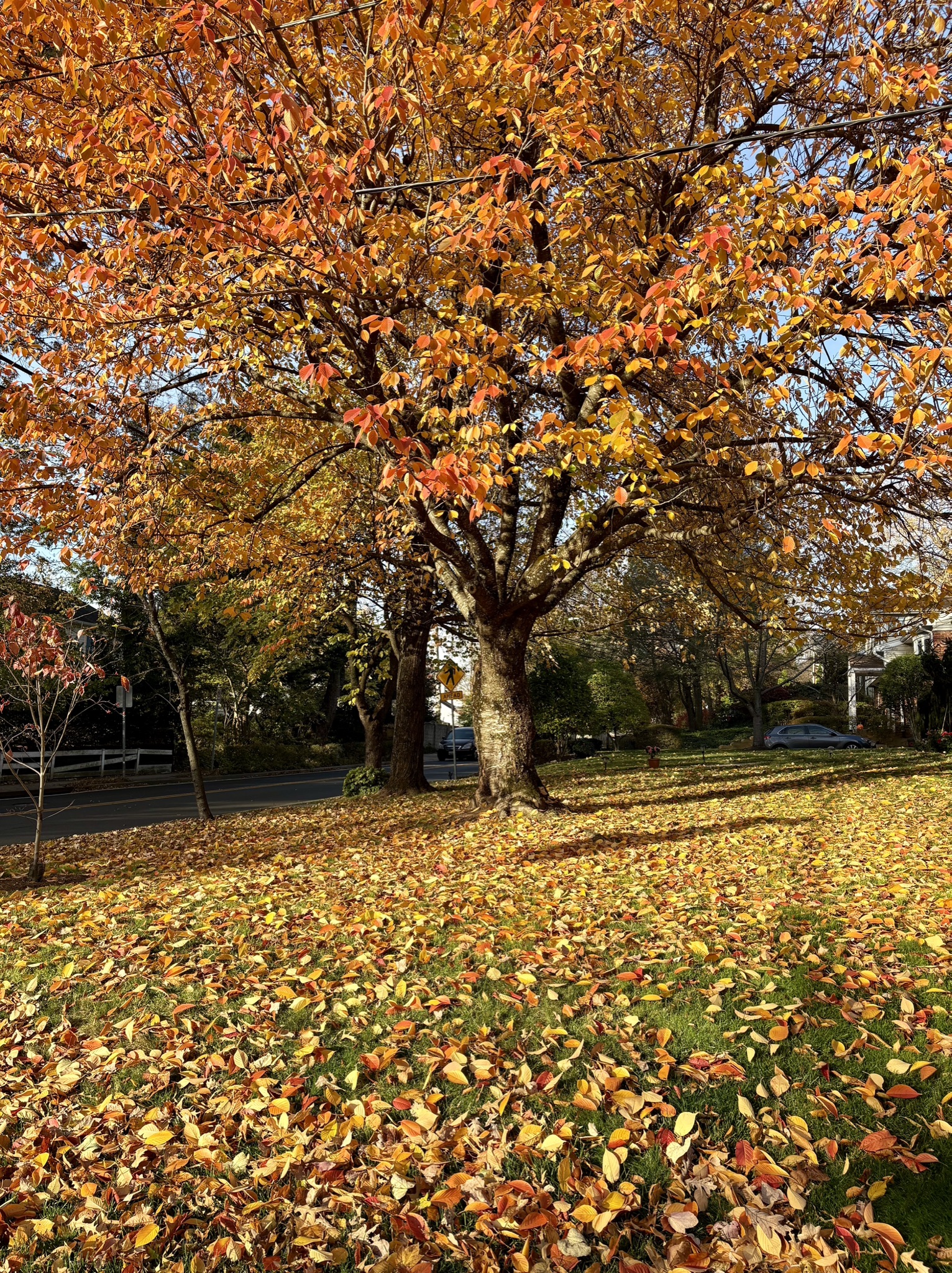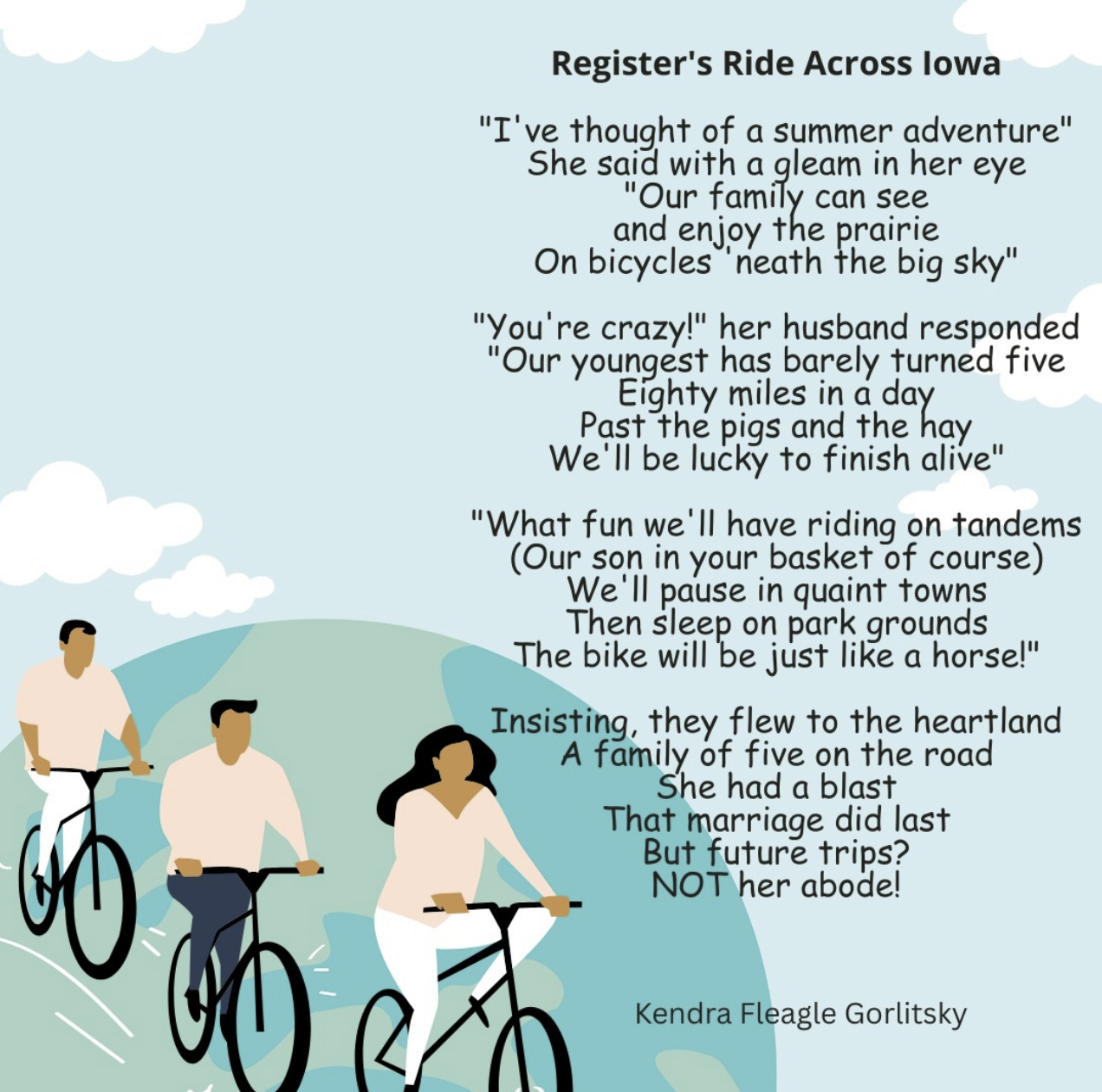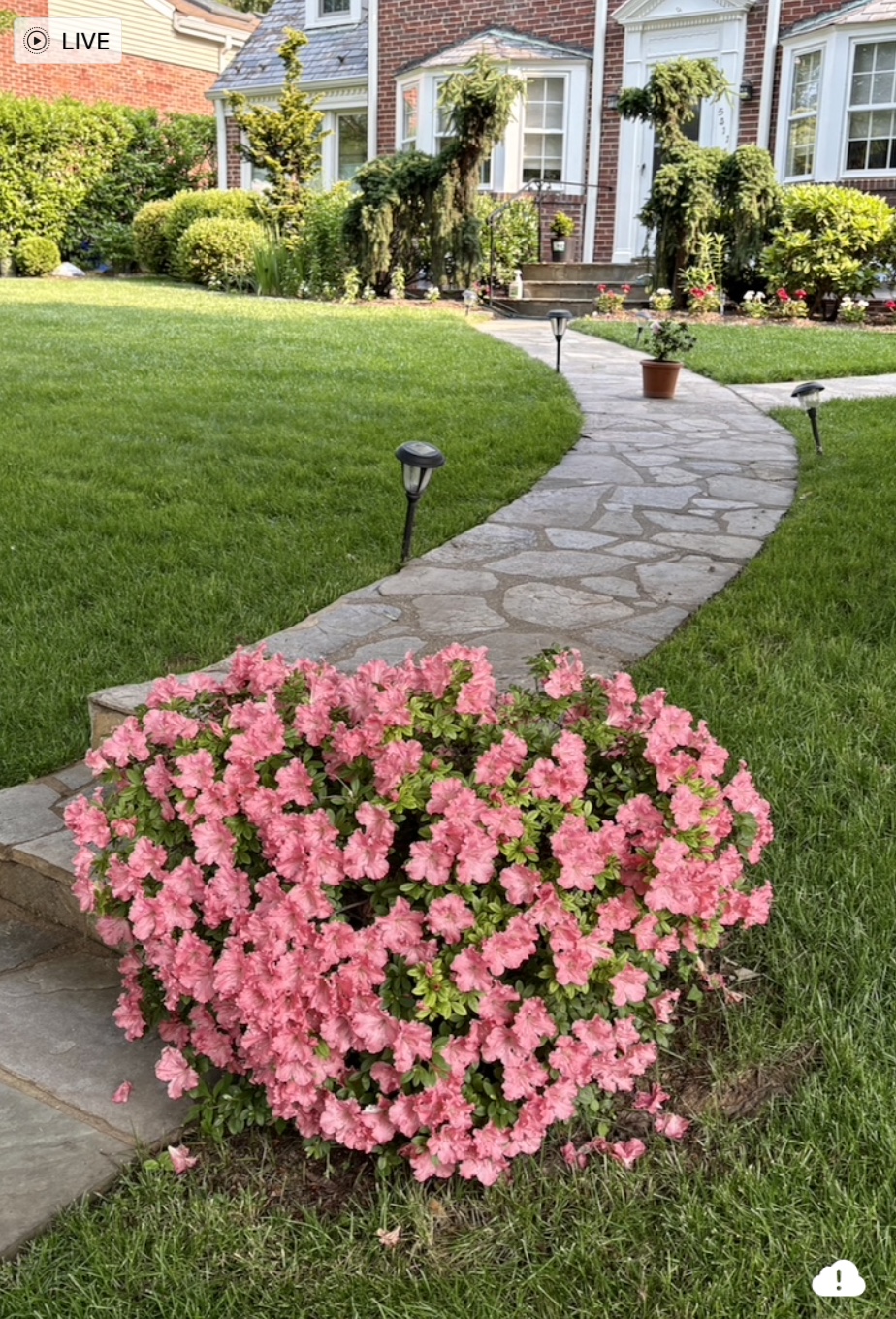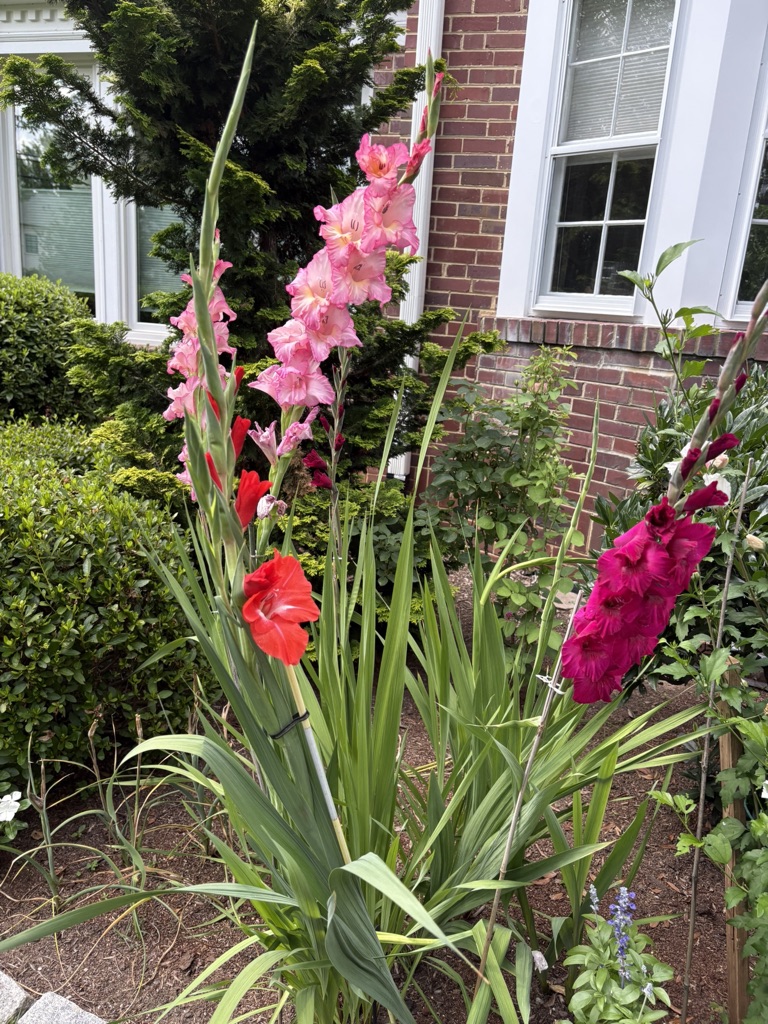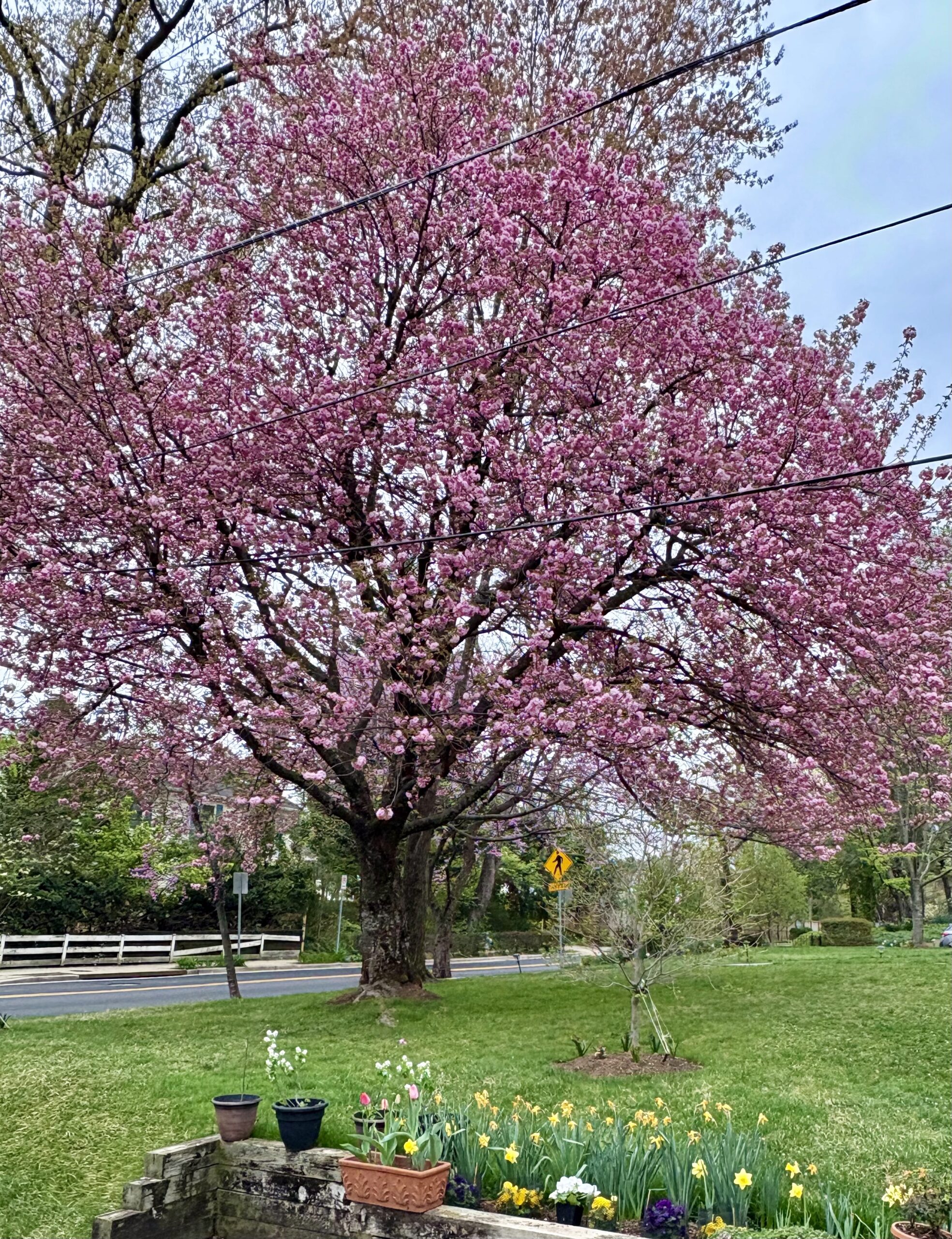After reading this news story in the Philadelphia Inquirer this morning (Credit Union Members Vote Against Merger), Billy Collins’ poem came to mind about this unusual event. Both are stories of life renewed, once threatened, and now free again.
By Billy Collins
The first thing I heard this morning
was a soft, insistent rustle,
the rapid flapping of wings
against glass as it turned out,
a small bird rioting
in the frame of a high window,
trying to hurl itself through
the enigma of transparency into the spacious light.
A noise in the throat of the cat
hunkered on the rug
told me how the bird had gotten inside,
carried in the cold night
through the flap in a basement door,
and later released from the soft clench of teeth.
Up on a chair, I trapped its pulsations
in a small towel and carried it to the door,
so weightless it seemed
to have vanished into the nest of cloth.
But outside, it burst
from my uncupped hands into its element,
dipping over the dormant garden
in a spasm of wingbeats
and disappearing over a tall row of hemlocks.
Still, for the rest of the day,
I could feel its wild thrumming
against my palms whenever I thought
about the hours the bird must have spent
pent in the shadows of that room,
hidden in the spiky branches
of our decorated tree, breathing there
among metallic angels, ceramic apples, stars of yarn,
its eyes open, like mine as I lie here tonight
picturing this rare, lucky sparrow
tucked into a holly bush now,
a light snow tumbling through the windless dark.

